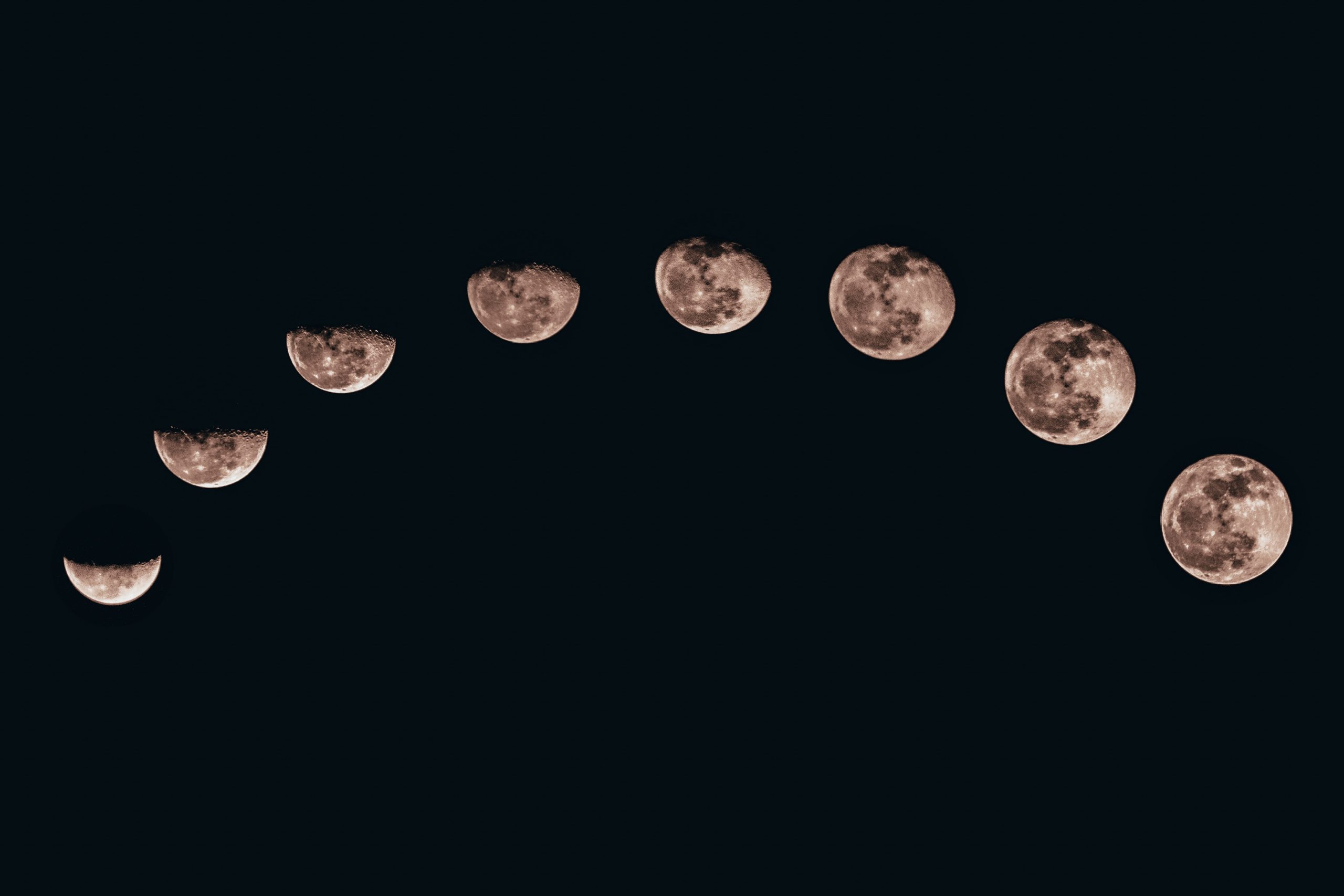Exploring the Enigmatic World of I Ching Music
The I Ching, also known as the Book of Changes, is an ancient Chinese divination text and philosophical treatise dating back more than 3,000 years. It is considered one of the most important classics in Chinese literature and has had a profound influence on various aspects of Chinese culture, including music. In this blog post, we delve into the fascinating realm of I Ching music, exploring its origins, principles, and unique characteristics.
Understanding the I Ching
The I Ching is based on a system of binary symbols, represented as sets of broken (yin) and solid (yang) lines. These symbols, known as hexagrams, are used for divination, providing insights into the patterns of life and the universe. Each hexagram has a distinct meaning and reflects a particular state or condition.
According to the I Ching, the cosmos is composed of two fundamental forces: yin and yang. Yin represents the feminine, yielding, and receptive aspects, while yang represents the masculine, active, and assertive qualities. The interaction and balance between these forces are perceived as the underlying principles governing all aspects of existence.
I Ching and Music
In Chinese culture, music has always held a significant place. From traditional Chinese classical music to contemporary compositions, the principles of the I Ching have been applied to create harmonious and evocative musical arrangements. I Ching music aims to reflect the dynamic interplay of yin and yang forces and harmonize the listener’s mind, body, and spirit.
As with the hexagrams in the I Ching text, musical compositions inspired by the I Ching are often structured around specific patterns. These patterns can be derived from the hexagram symbols and their corresponding meanings. Musicians may assign musical notes, tones, rhythms, or even instruments to represent the yin and yang elements within the hexagrams.
The Yin and Yang of Musical Elements
To create a meaningful I Ching music composition, musicians consider various musical elements and assign them to corresponding yin and yang qualities:
| Yin | Yang |
|---|---|
| Soft melodies | Bold and energetic rhythms |
| Slow tempos | Fast tempos |
| Low-pitched tones | High-pitched tones |
| Smooth transitions | Abrupt changes |
By skillfully blending these elements, composers and musicians can create a musical experience that mirrors the ebb and flow of energy found in the natural world, as symbolized by the hexagrams. The goal is to induce a state of balance, harmony, and contemplation in the listener.
I Ching Music Composition Techniques
When composing I Ching-inspired music, several techniques and principles are applied to ensure adherence to the underlying philosophy:
1. Hexagram Associations
Composers may establish associations between specific hexagrams and musical elements. For example, a hexagram symbolizing water and stillness may inspire the use of flowing melodies and gentle, calming sounds. By aligning musical components with the meanings of hexagrams, the essence of the I Ching can be manifested in the composition.
2. Symbolic Repetition
Repetition is a fundamental element of I Ching music. Musical motifs, rhythms, or melodies associated with yin and yang forces may be repeated throughout the composition to evoke a sense of balance and completeness. This repetition helps to reinforce the intended emotional and spiritual impact on the listener.
3. Improvisation and Spontaneity
Incorporating elements of improvisation and spontaneity within compositions is another aspect of I Ching music. This approach allows the performers to channel the energy and essence of the hexagrams in real-time, providing a unique and dynamic experience for both the musicians and the audience.
4. Harmonic Resonance
I Ching music often emphasizes harmonic resonance, aiming to create a reverberating effect that aligns with the natural vibrations of the universe. Musicians carefully select harmonic progressions, chords, and intervals to evoke specific emotional and energetic responses that resonate with the listener’s inner self.
Contemporary I Ching Music
The influence of the I Ching on music continues to be felt in contemporary compositions. Musicians and composers worldwide have embraced the ancient principles and integrated them into various genres, including ambient, new age, and experimental music.
Contemporary I Ching music often explores the boundaries of traditional musical structures, utilizing electronic instruments, unconventional sounds, and experimental techniques. It aims to create a sonic landscape that embodies the essence of the I Ching while expressing contemporary artistic visions.
The Power of I Ching Music
Proponents of I Ching music believe in its transformative power. They argue that by engaging with the harmonious vibrations and symbolic meanings embedded within the music, listeners can experience a profound sense of connection, peace, and inner harmony.
While scientific studies on the direct effects of I Ching music are limited, various research suggests that music, in general, can have positive impacts on mental well-being, reducing stress and promoting relaxation. Given the mindful and contemplative nature of I Ching music, it is reasonable to assume that it may offer additional benefits to those open to its influence.
Conclusion
I Ching music represents a unique fusion of ancient Chinese wisdom and the artistic expression of sound. By embracing the principles of the I Ching, musicians and composers weave ethereal compositions, inviting listeners on a transcendent journey of self-reflection and harmony.
Whether experienced in live performances or through recorded mediums, I Ching music offers a gateway to engage with the underlying forces of the universe and explore the interconnectedness of all things. So why not immerse yourself in the enigmatic world of I Ching music and witness the transformative power it carries within its harmonious notes.
Table of Contents
